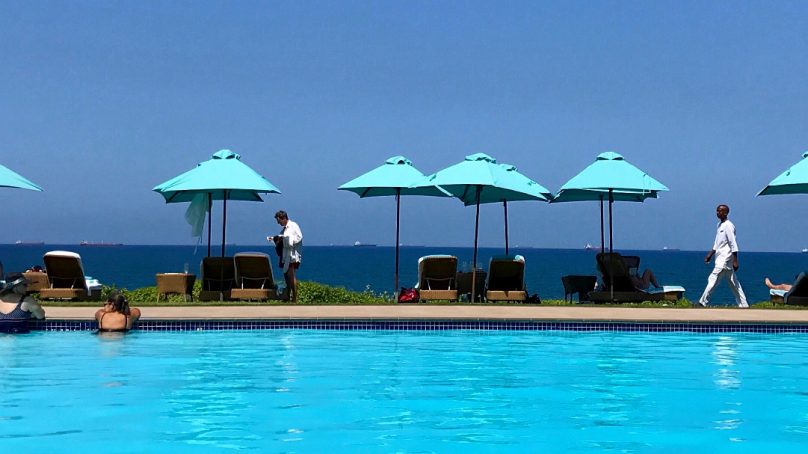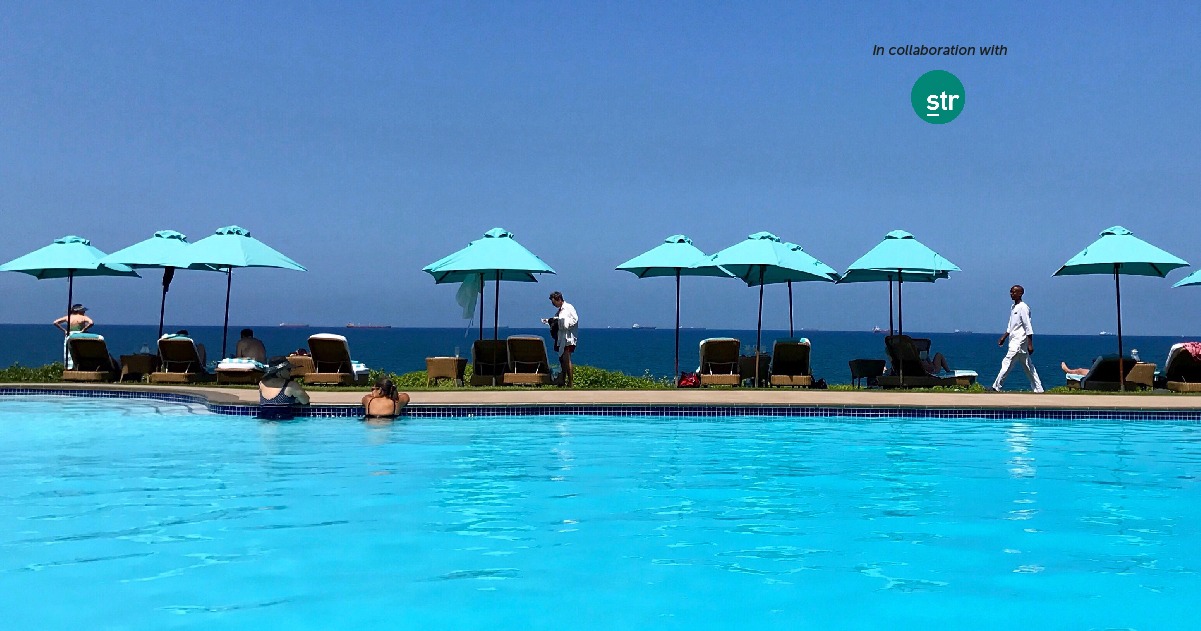
According to Guinness World Records, the oldest operating hotel turned 1,317 this year! Hotels have always played an important role throughout the centuries, and what was once a simple concept of providing guests with a place to stay has evolved into the modern-day hotels and resorts that characterize our industry.
“Change is easy,” said no one, ever! There’s plenty of doubt, trial and error involved. But with the world reopening to a new post-pandemic reality, change seems inevitable. A number of key players have already started pivoting their businesses. I’m also convinced that someone, somewhere is furiously developing the next big disruptor for the hotel industry, following on from the OTAs at the turn of the millennium and Airbnb in 2006. However, less disruptive trends seem to be taking place around us currently.
Leisure versus business
STR data throughout the pandemic has clearly demonstrated the adverse effect of Covid-19 on business travel demand. While travel is still essential for work that cannot be done online, it remains a long way from fully recovering to pre- Covid-19 levels.
In contrast, rural, regional and more outdoor oriented/leisure travel has thrived. Leisure destinations across the Mediterranean, like Bodrum in Turkey or the Greek islands, have seen exceptional recovery so far. Elsewhere, Dubai has also had a bumper year. In fact, it managed to sell 31.2 million hotel rooms in 2021 — roughly the same as London, Paris and Oslo put together! After a successful first few months in 2021, when Dubai remained open to travel with the rest of the world closed down due to the Delta variant fears, the glamorous metropolis picked up again in spectacular fashion during Q4. The T20 Cricket World Cup, Expo 2020 and other events, as well as staycations and international arrivals, created a lively atmosphere. With resorts leading recovery, the hospitality industry has been quick to capitalize on this trend, with more leisure amenities and packages. For example, hospitality big shots IHG pivoted their brand name from Intercontinental Hotel Group to Intercontinental Hotels & Resorts, signaling a renewed focus toward more leisurely offerings. Furthermore, Marriott International signed a record number of 22 all inclusive properties worldwide — a small portion of its total portfolio of 8,000 hotels but nonetheless an increasingly important and fast growing one.
Less travel but longer stays
The uncertainty surrounding lockdowns, border re-openings and travel restrictions resulted in a sustained state of flux for the tourism and hospitality industry. International arrivals, which form a large portion of total tourism demand, are still far from 2019 levels, according to the UNWTO. Due to the “uncertain” nature of travel during a global pandemic, booking windows have become shorter. Gone are the days when business trips were booked weeks in advance and holidays months before. Furthermore, weekend city breaks have turned into weeklong getaways often including some “work from anywhere” for those who find themselves in that fortunate position, while business trips are increasingly becoming “bleisure workations.”
The average length of stay (ALOS) in Qatar, for example, grew from 3.59 days in 2019 to 4.66 in 2020 and 4.53 in 2021. Similar increases have been recorded in neighboring Dubai, where the average length of stay stood at 4.6 days (January to November 2021), according to Dubai Tourism.
Serviced apartments and extended-stay hotels have generally overperformed by taking advantage of the above shifts in tourist requirements. Moreover, the branded residences segment, which has been red hot for quite some time now, is increasingly growing in many hospitality portfolios. In addition, residential real estate buyers prize the services and amenities offered by branded residences, which has led them to command premium pricing. Standalone residential projects that share amenities with an existing hotel are becoming more popular. Hotel industry giant Accor has a strong presence in the sector, with plans for further expansion. Its joint venture with Ennismore bore fruit in projects such as the flagship SLS Dubai Hotel & Residences, with 254 rooms and suites, 321 hotel apartments targeting extended stays and 371 residences. Similarly, the Fairmont Hotel and Raffles Hotel & Residences in Doha are expected to include 361 rooms and 132 suites with 49 branded residential apartments when they open.
The world is truly changing, and hospitality is changing with it. While the pandemic may have accelerated pre-existing hotel trends, there is a world of opportunity that has surfaced in light of the ongoing disruption. Are we ever getting back to “business as usual”? Could there be a trend reversal once normality returns? In the words of ancient Greek philosopher Heraclitus: “There is nothing permanent except change.” My question to the hotel industry is: “If not now, when?”

Kostas Nicolaidis
Middle East & Africa Executive
STR

















